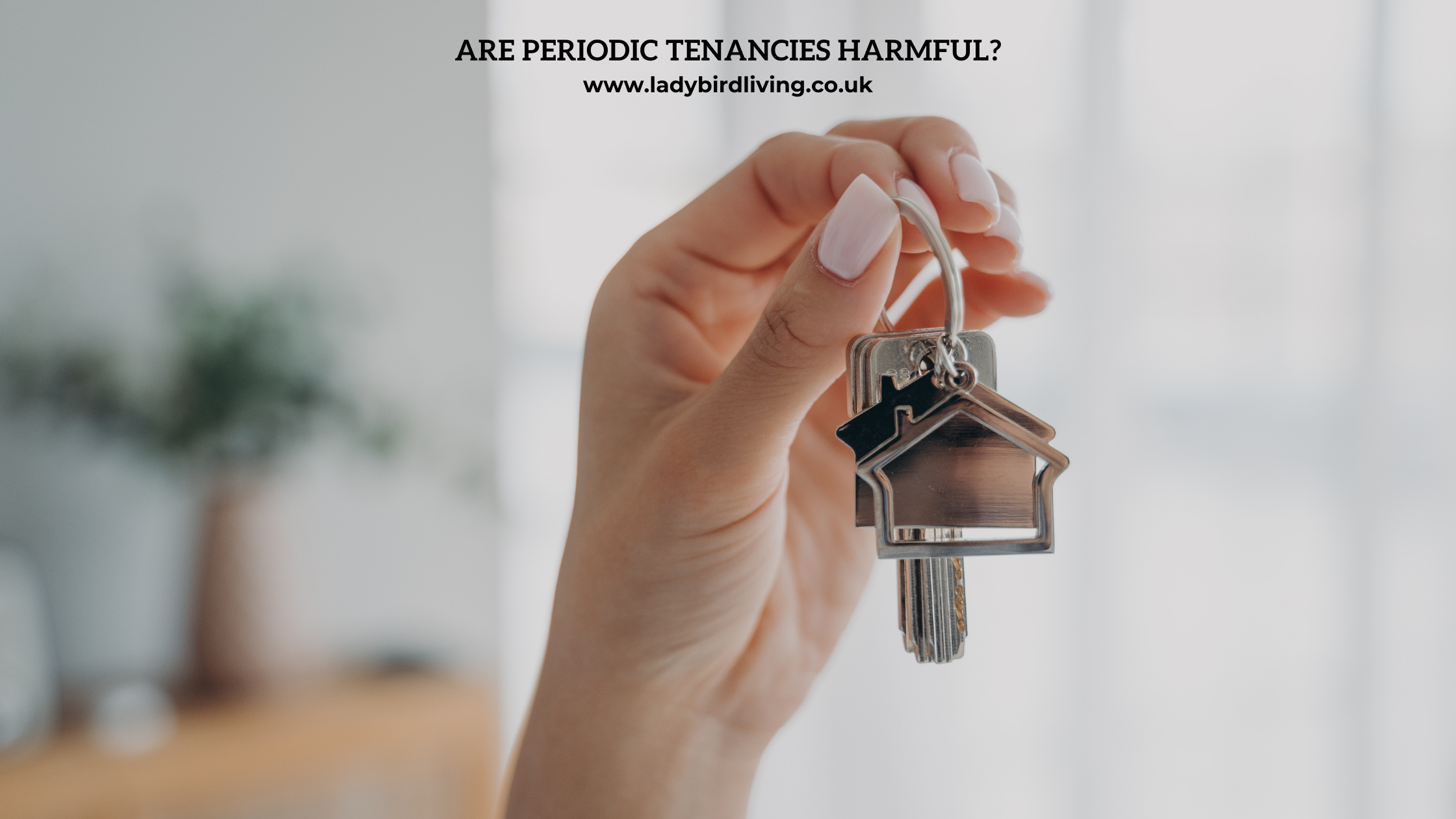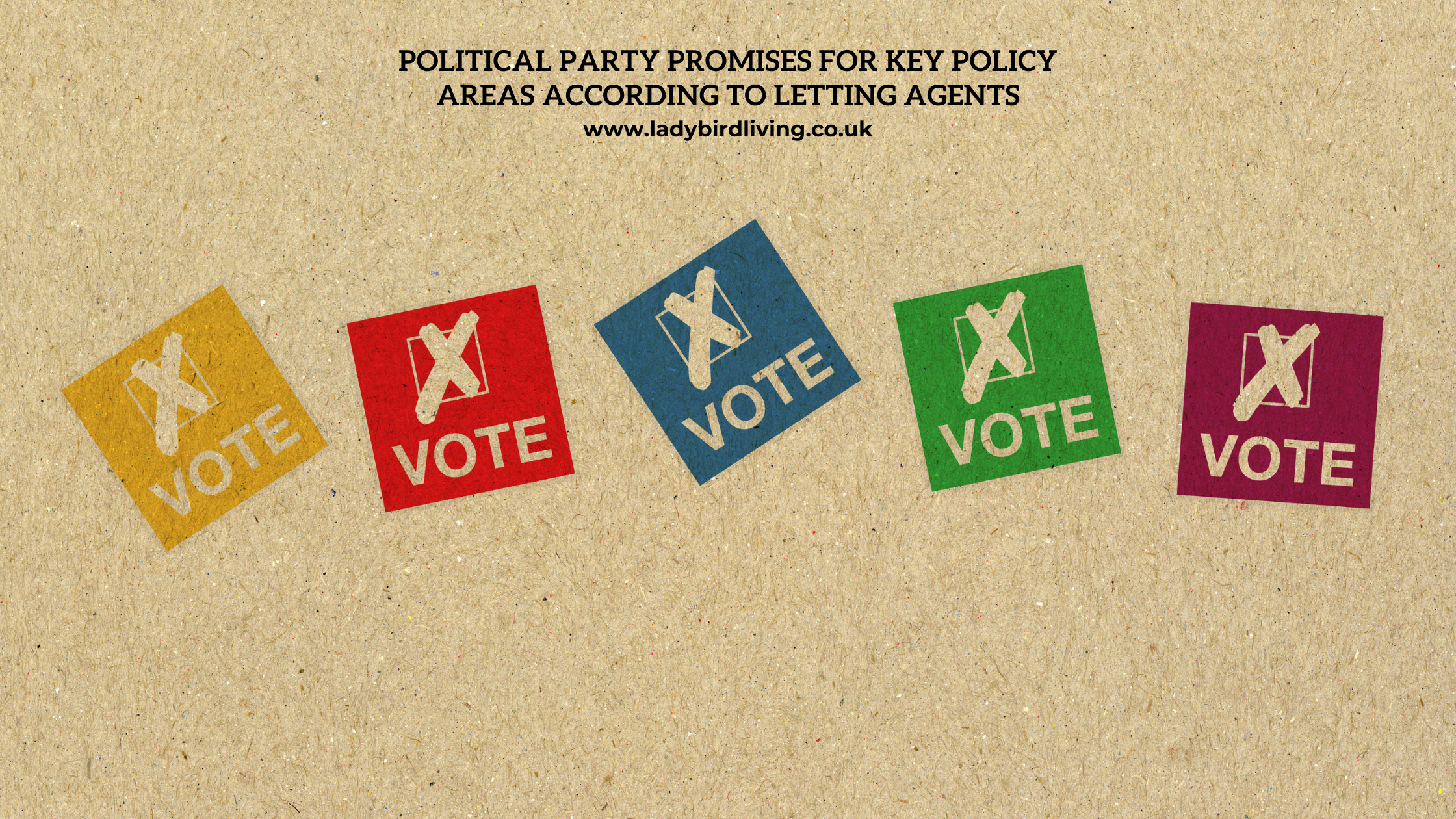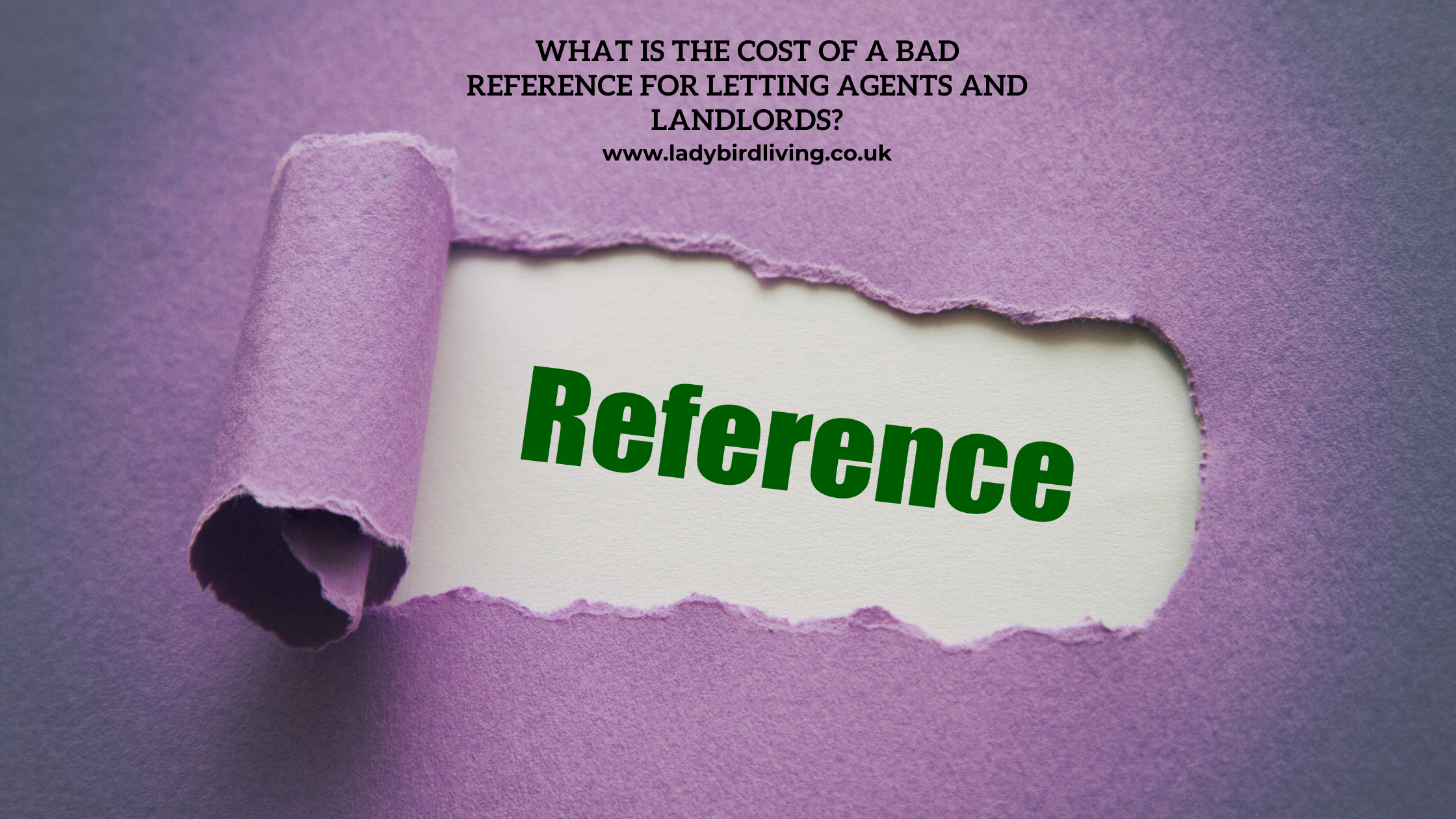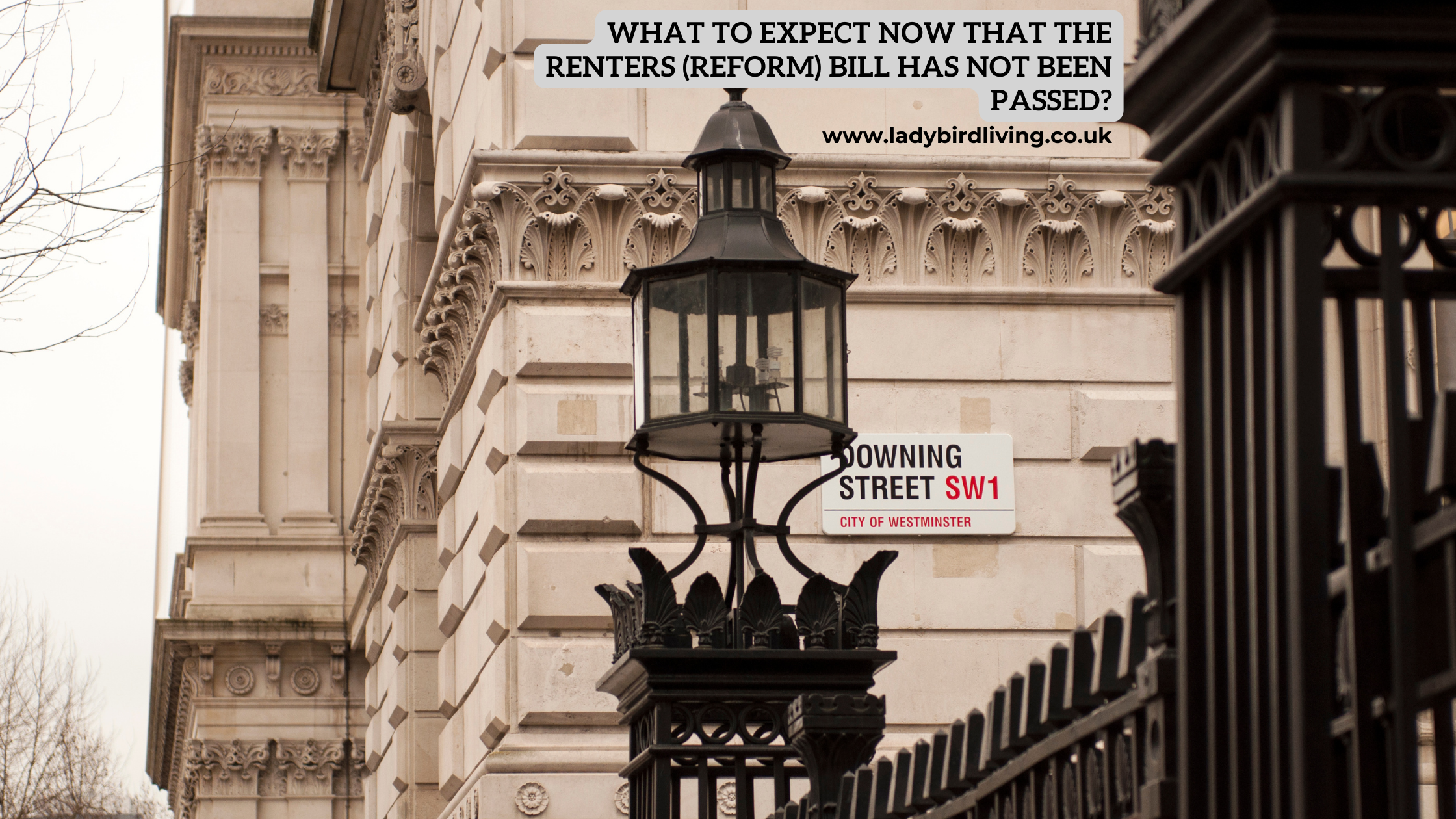
Legionella risk assessment
Legionella is a form of bacteria which live in natural water sources such as lakes and rivers but can also be found in hot and cold-water systems, cooling towers, and spas. Conducting a Legionella Risk Assessment (LRA) is a legal requirement under the Health and Safety at Work Act 1974. A professional water hygiene specialist can help conduct the assessment to reduce the risk of someone in your building from contracting potentially fatal Legionnaires’ disease. This blog will discuss when you should conduct the LRA and what the assessment involves.
When should you conduct a Legionella Risk Assessment (LRA)?
Previously, the LRA was recommended at least every two years. However, the Approved Code of Practice L8 advises that arrangements should be made to review the LRA, “when there is reason to suspect it is no longer valid”. If building residents are considered high-risk such as the elderly and those with specific health conditions, then an assessment may need to be carried out even more regularly.
It is essential to conduct an LRA if there are any changes, for example:
- There are changes in the water system itself
- If the building goes from unoccupied to occupied
- When there has been a reported case of Legionnaires’ disease
What is involved in a Legionella risk assessment?
An LRA includes two stages. The first stage of the assessment will include reviewing your current records and a check of your previous assessments to ensure that all recommendations of remedial work or maintenance have been acted upon.
The second stage of the assessment will involve a physical inspection, focusing on areas where water is stored or where there is the potential for aerosols to be created.
Then, a report will be prepared, including any suggestions for actions that should be carried out to lower the Legionella risk.
Legionella risk assessment cost:
The cost of the assessment depends on the size and complexity of the building and its water systems.
A standard assessment usually starts from £250, and more complex sites may cost more than £2,000.
Conclusion:
Conducting a Legionella risk assessment is a legal requirement. The property owner has a duty of care to the people in their building as the bacteria can have serious health consequences, especially for vulnerable groups such as the elderly, those with chronic health conditions such as asthma and other lung conditions. If you fail to conduct the LRA, you will be at risk of paying huge fines. You should choose an experienced individual to conduct the assessment with the right credentials to ensure compliance and safety.
T +44 (0)203 488 1488
Recent Posts






